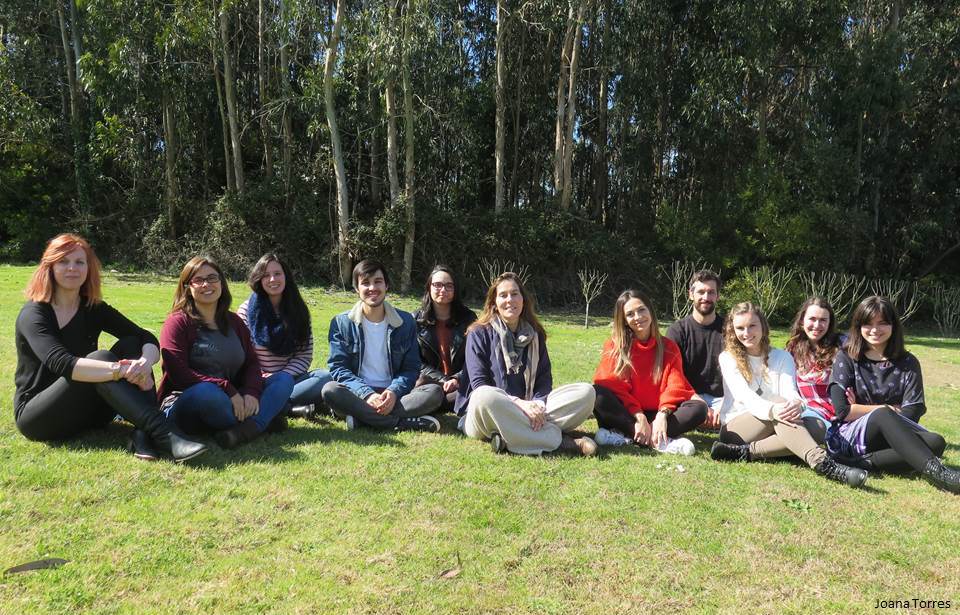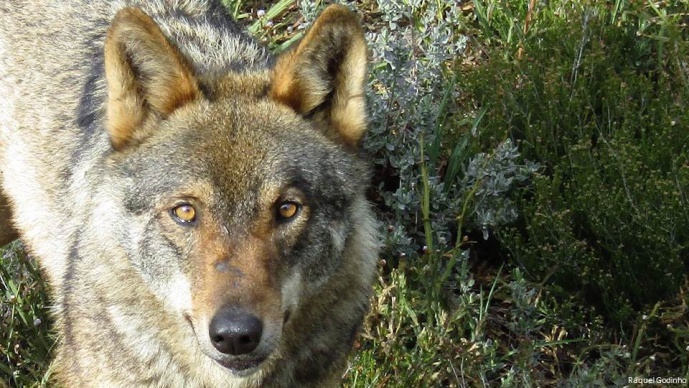Ecogenomics - ECOGEN

The ECOGEN group addresses the interaction between the genomic variation of populations and their ecological context. It focuses mainly in three angles within this subject, which are:
i) anthropogenic hybridization as an acting force of evolution in human-dominated landscapes;
ii) adaptation of populations to challenging environments;
iii) factors that promote genome-wide differentiation of populations and the existence of population structure at different spatial and temporal scales. These processes are understood using appropriate tools that combine massive generation of sequencing data, large-scale datasets of genomic variation and a robust statistical analysis using bioinformatics tools.
In this context, we aim to:
i) explore the genomic basis of adaptive introgression for populations suffering anthropogenic hybridization. Our current model for this is the Iberian wolf that lived for thousands of years in landscapes profoundly modified by livestock and agriculture, and in contact with domestic dogs, and exhibits today a clear adaptation to this environment;
ii) address the genomic architecture underlying adaptation to ecological settings, namely to extreme environments and to human-dominated landscapes, using desert foxes and the Iberian wolf as models, respectively.
iii) focus on historical, ecological and demographic factors that promote population genetic structure to enlighten the evolutionary history of wild and domesticated populations. Models being used include the sable and roan antelopes in their entire African distribution, the grey wolf in Eurasia with particular attention to the Iberian Peninsula, and worldwide livestock guarding dog breeds.
